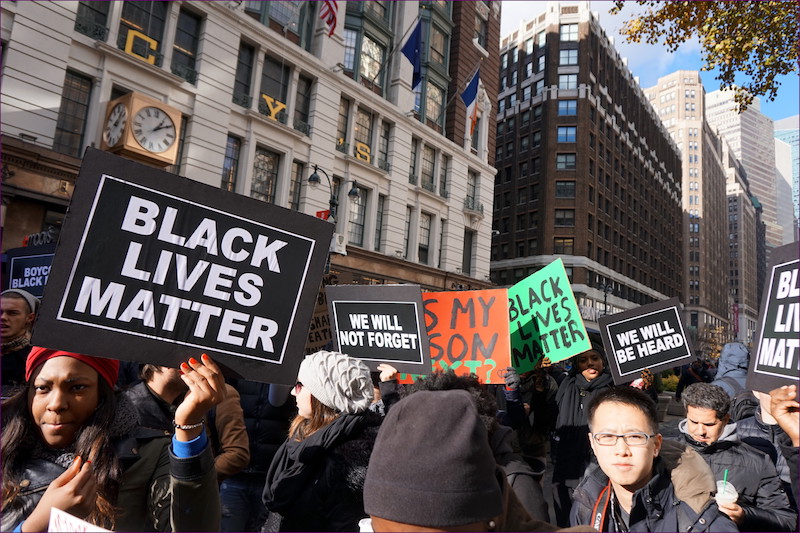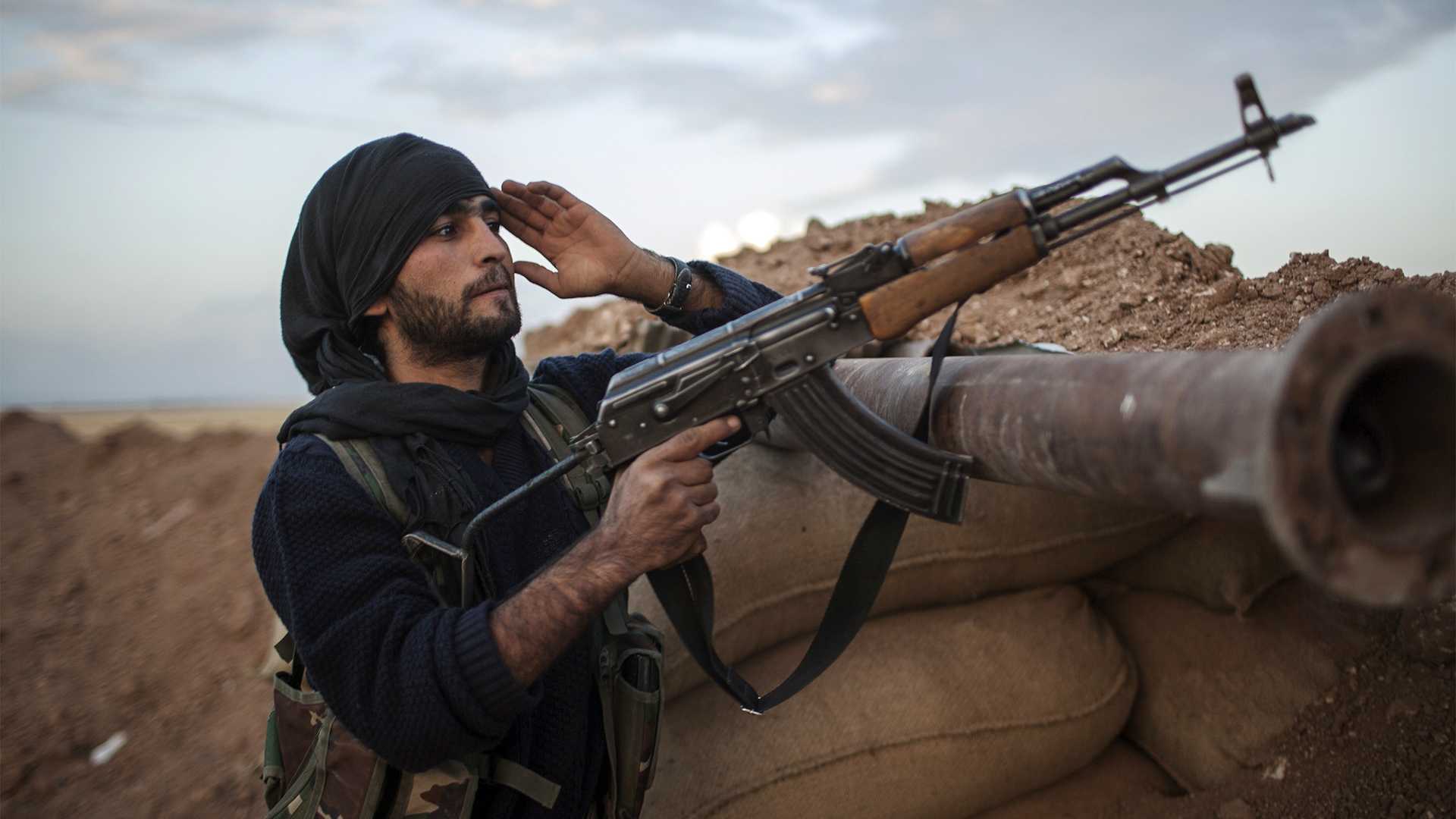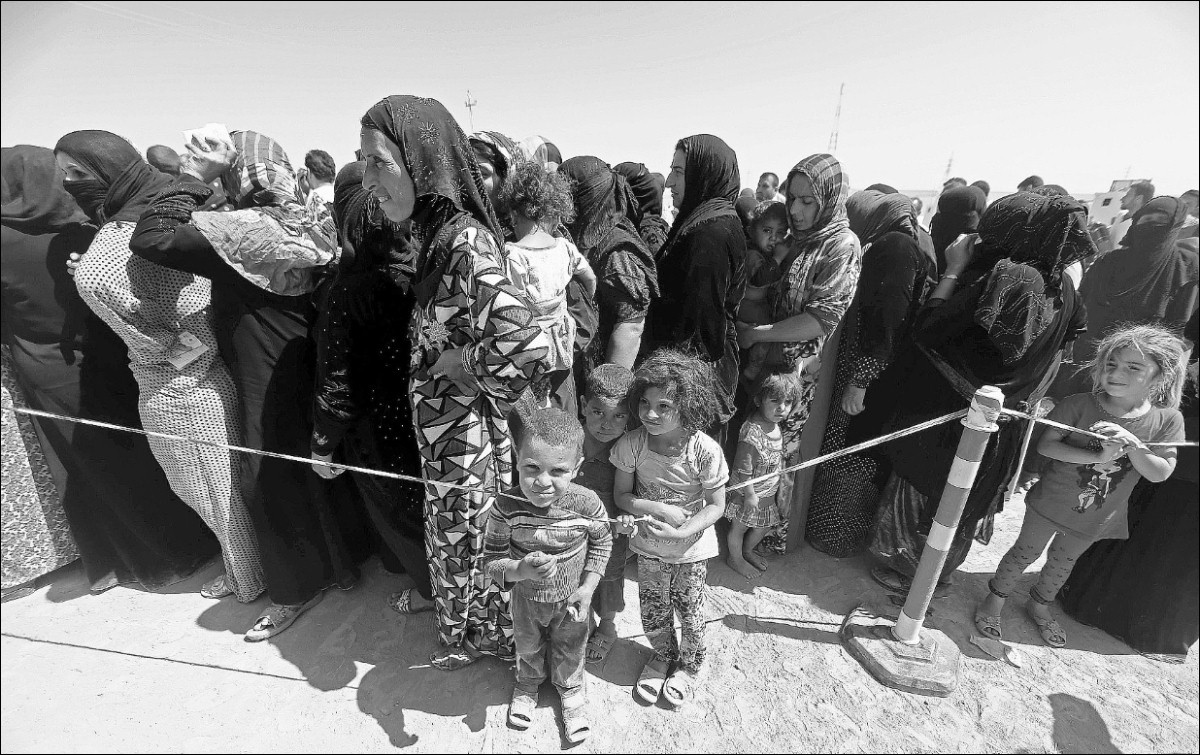The notions of racism, police brutality and excessive use of force have been spreading like wildfire, especially after the fatal shootings of Alton Sterling in Baton Rouge, and Philando Castile in Minnesota. In addition, the deadly attack in which five Dallas police officers were killed, has left the U.S. in a state of civil unrest. Among the social and political turbulence, one group has emerged as a voice of the oppressed; a group that is making its views known all over the world – Black Lives Matter.
Brief history of the organization
In 2012, following the death of Trayvon Martin, Black Lives Matter was created to spread awareness and encourage society to stand up against anti-black racism and oppression. This movement encompasses the needs of all African-Americans who have been marginalized, including those with disabilities, those in LGBTQ communities, and those who are undocumented as well. It is important to note that this is not a movement that solely focuses on the injustices that African-Americans face in the United States. As the organization explains, “#BlackLivesMatter is working for a world where Black lives are no longer systematically and intentionally targeted for demise.” This is a movement for the entire world
International impact
According to the Washington Post, although other Western countries may not have the same level of systemic racism and police brutality as the United States, the sentiments expressed by Black Lives Matter have been reiterated around the world. For example in Great Britain, in the span of three years, only two people were killed by police. However, demonstrations took place in London on the weekend of July 10, 2016 in response to the recent violence in the U.S. The Post also noted that mobilization efforts recently took place in Cape Town, South Africa. In addition, the movement has spread to other regions in Europe, as demonstrations took place in Dublin, Amsterdam, and Berlin during the same week. Overall, it is clear that protesters across the world are standing in solidarity with their brothers and sisters in the United States who experience systematic violation of their rights and freedoms.
Canadian impact
Does #BlackLivesMatter impact Canadians? Yes, and here is how: as the movement continues to gain traction in across the world, various Canadian communities are getting on board from Vancouver to Halifax. For example, Black Lives Matter – Toronto (BLM-TO) is Toronto’s chapter that was formed in 2014 after the shooting death of Jermaine Carby in Brampton, Ontario. This group works to stand up against anti-black oppression and racism in the Greater Toronto Area (GTA). In an interview, Janaya Khan (co-founder of BLM-TO) noted that anti-black racism is found in Canadian society as a whole, including the media and the police. Most recently, the group found themselves in the media spotlight for organizing a sit-in at Toronto’s 2016 Pride Parade. Whether or not their sit-in was appropriate is up for debate, but their ability to raise awareness is indisputable. Lastly, the recognition that they have gained has grown to the extent that BLM-TO will meet with Toronto’s Mayor John Tory and Ontario’s Premier Kathleen Wynne, to engage in discussions with community groups.
Next time you encounter a story regarding the Black Lives Matter movement and social injustices, notice that these issues may not be very far from home.
Photo: Black Lives Matter Black Friday (2014), by The All-Nite Images via Flickr. Licensed under CC BY-SA 2.0.
Disclaimer: Any views or opinions expressed in articles are solely those of the authors and do not necessarily represent the views of the NATO Association of Canada.




